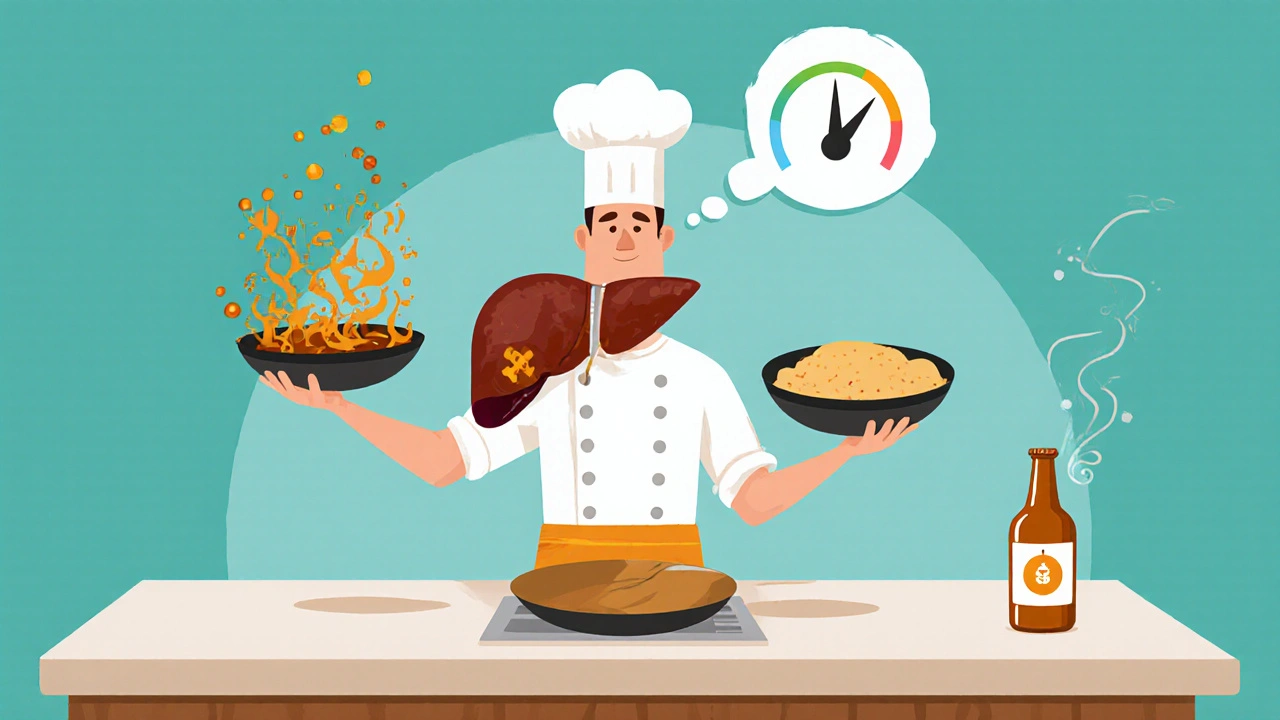Diabetes Medication and Alcohol Risk: What You Need to Know
When you take diabetes medication, drugs designed to help control blood sugar levels in people with type 1 or type 2 diabetes, mixing it with alcohol, a substance that affects how the liver releases glucose can be risky—sometimes life-threatening. Many people don’t realize that even one drink can cause blood sugar to crash, especially if you’re on insulin, a hormone treatment that lowers blood sugar by helping cells absorb glucose or metformin, a common oral drug that reduces liver glucose production and improves insulin sensitivity. The danger isn’t just about feeling dizzy or sluggish. It’s about your body losing its ability to recover from low blood sugar when alcohol is in the system.
Here’s how it works: your liver normally steps in when blood sugar drops by releasing stored glucose. But when you drink, your liver prioritizes breaking down alcohol instead. That means no glucose rescue. If you’re also taking medication that lowers blood sugar, you’re essentially removing your safety net. This can lead to hypoglycemia—symptoms like sweating, shaking, confusion, or even passing out. And here’s the tricky part: alcohol can mask those warning signs. A shaky hand? You think it’s the drink. A racing heart? You blame the wine. But it could be your blood sugar plummeting. People with diabetes who drink often report not realizing how low they’ve gone until it’s too late. Studies show that the risk spikes when alcohol is consumed on an empty stomach, after exercise, or with long-acting insulin. Even moderate drinking—like one beer or a small glass of wine—can trigger this reaction, especially in older adults or those with kidney issues.
It’s not all or nothing. Some people with diabetes can drink safely if they know the rules: never skip meals, always check your blood sugar before and after drinking, avoid sugary mixers, and carry fast-acting glucose. But if you’re on certain meds—like sulfonylureas or meglitinides—the risk is higher. And if you’ve had low blood sugar episodes before, your body might not warn you anymore. That’s called hypoglycemia unawareness, and it’s dangerous with alcohol. The bottom line? Alcohol doesn’t play nice with diabetes treatment. It doesn’t matter if you’re newly diagnosed or have had it for 20 years. The interaction stays the same. What you’ll find below are real-world stories, expert breakdowns, and clear guidelines from people who’ve been there—so you don’t have to learn the hard way.
Learn how alcohol interacts with diabetes meds, the risk of hypoglycemia, liver effects, and safe drinking tips for people managing diabetes.
Oct, 25 2025

